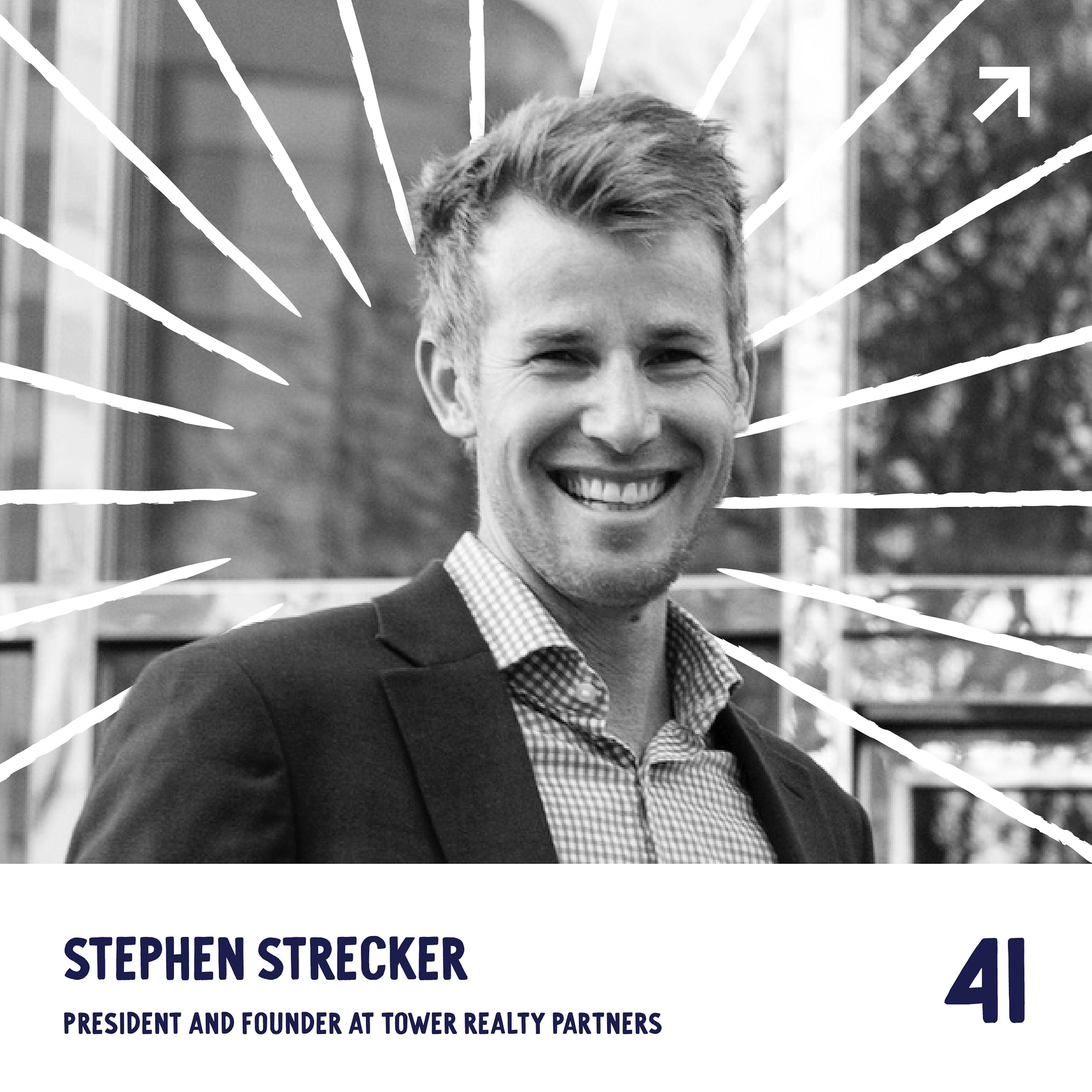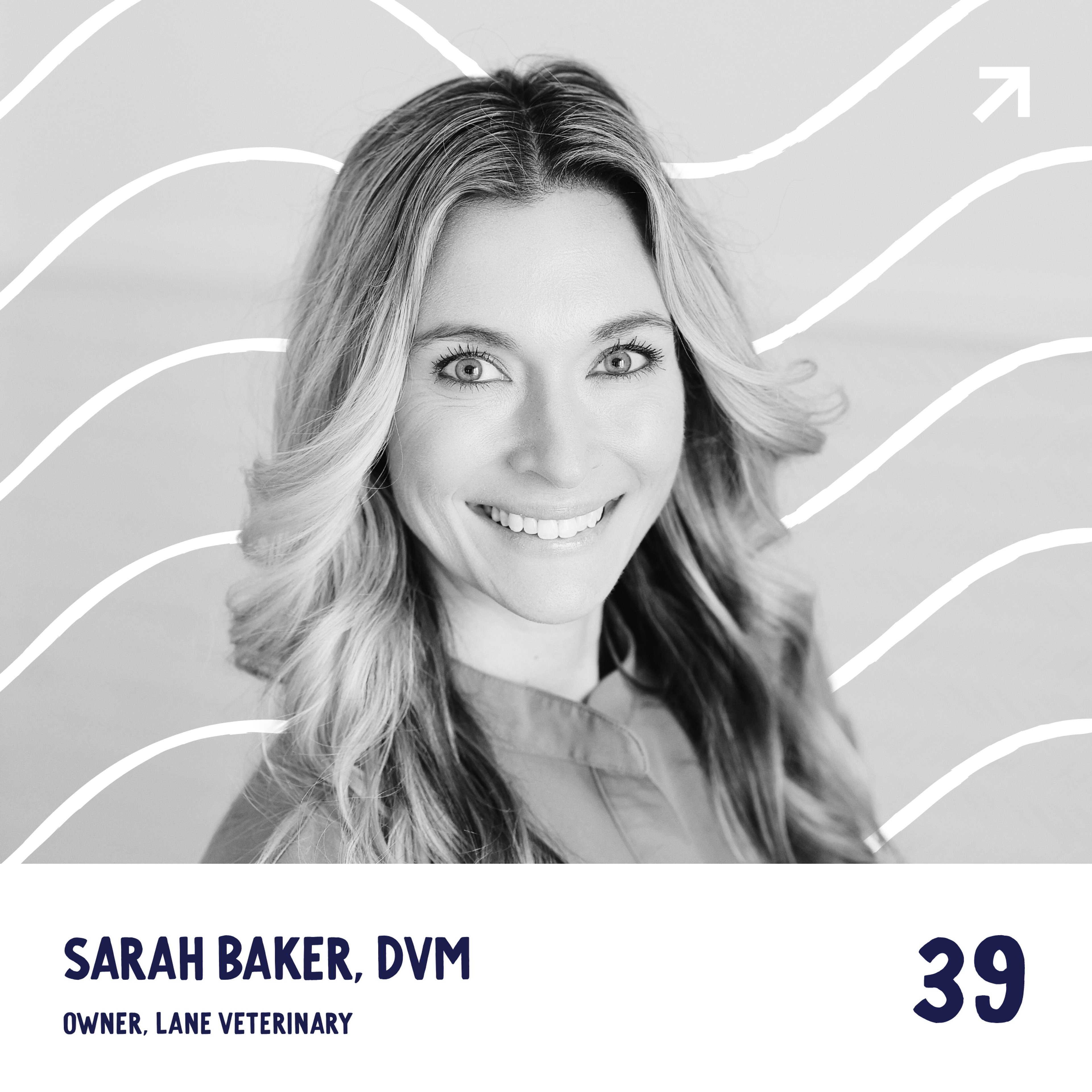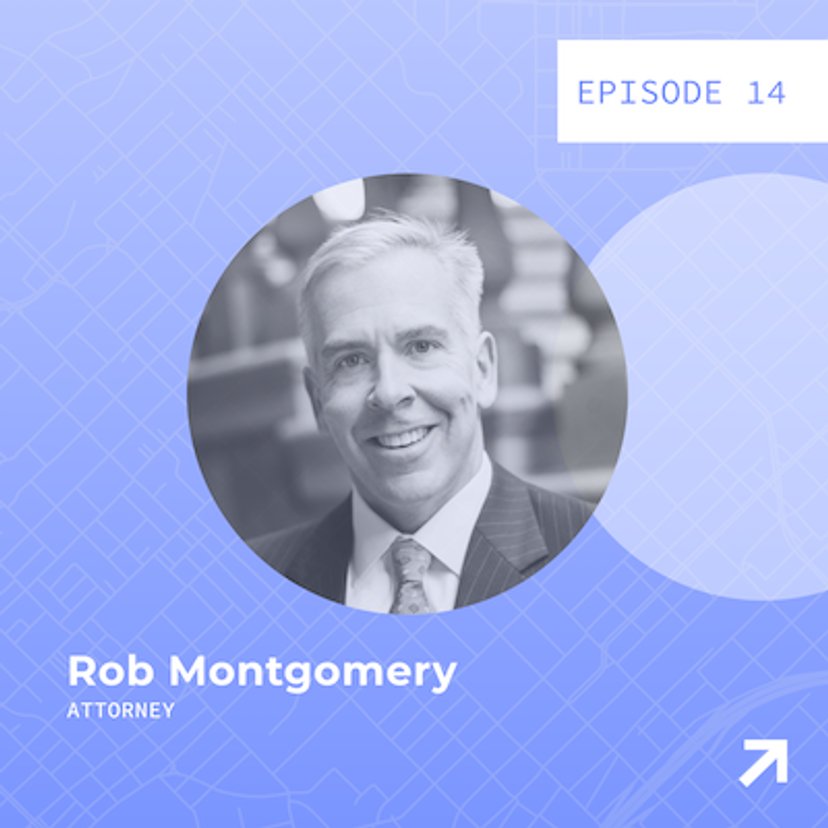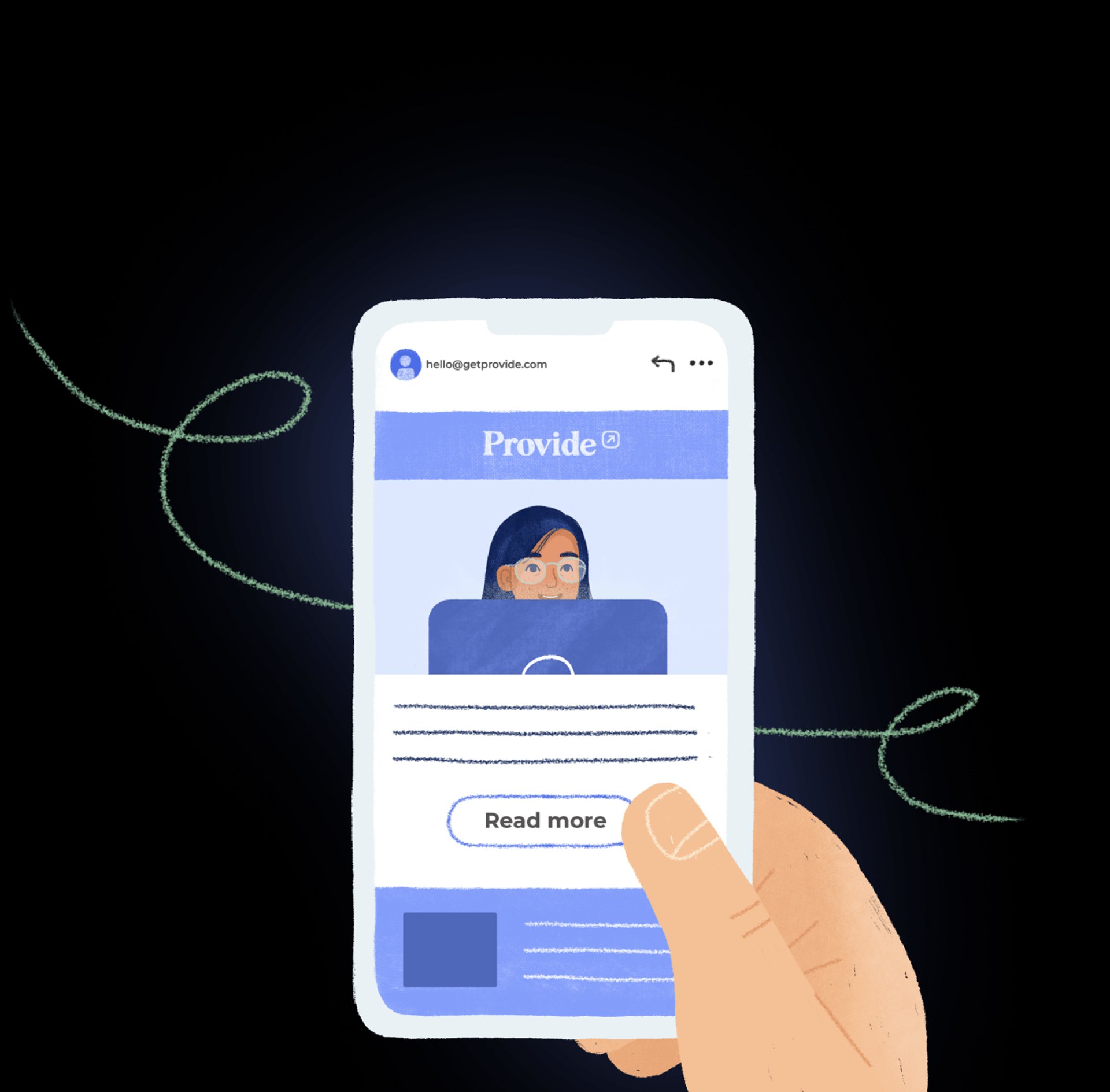
All opinions expressed by the Provide employee participant are solely their current opinions and do not reflect the opinions of Provide, its affiliates, or Fifth Third Bank. The Provide employee participant’s opinions are based on information they consider reliable, but neither Provide, its affiliates, nor Fifth Third Bank warrant its completeness or accuracy and should not be relied upon as such. This content is for informational purposes and does not constitute the rendering of legal, accounting, tax, or investment advice, or other professional services by neither Provide, its affiliates, or Fifth Third Bank. Please consult with appropriate professionals related to your individual circumstances.





